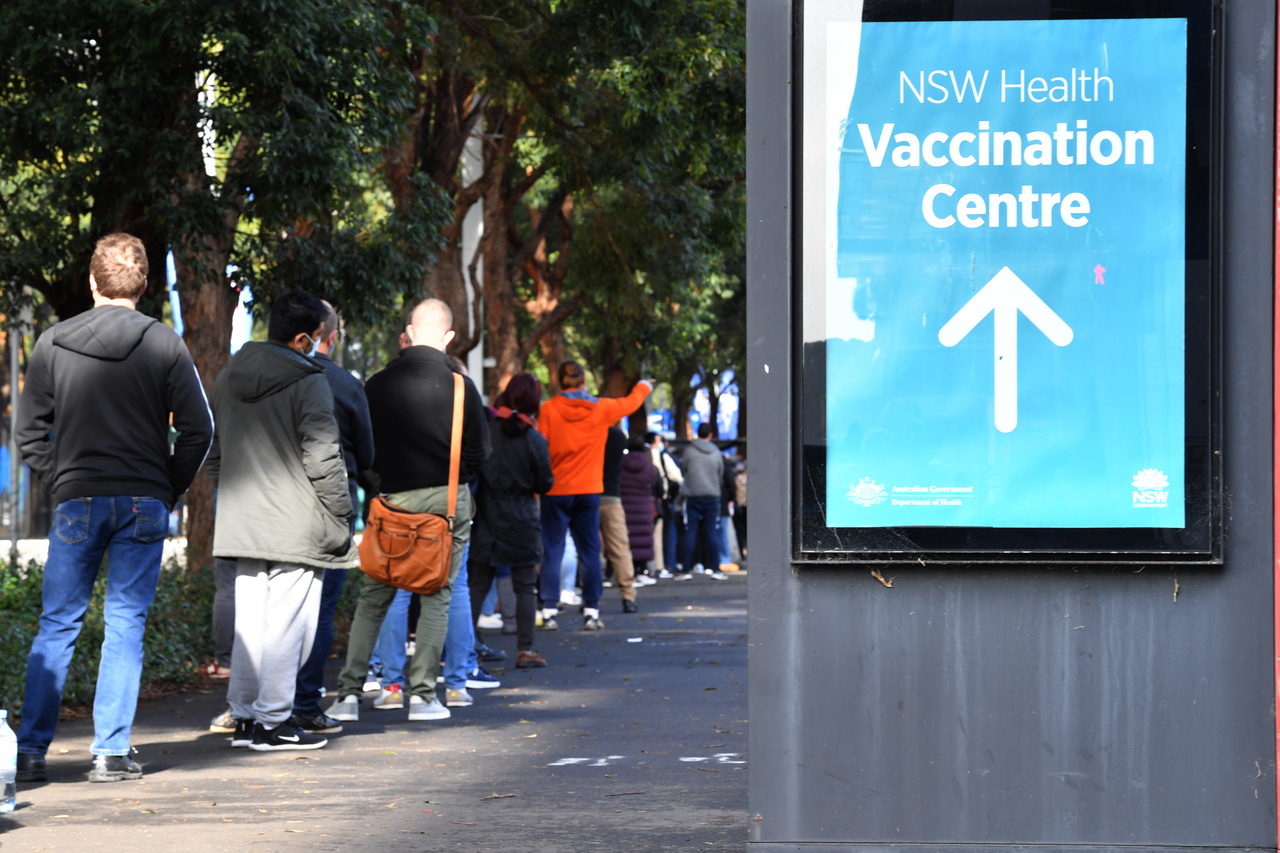World in dangerous period, warns WHO, as Delta Covid-19 variant evolves
Sign up now: Get ST's newsletters delivered to your inbox

The Delta variant is surging through Asia with countries from Australia to Malaysia reporting a surge in infections.
PHOTO: EPA-EFE
GENEVA - The World Health Organisation (WHO) has warned that the world is in "a very dangerous period" of the coronavirus pandemic with the more transmissible Delta variant detected in at least 98 countries.
WHO director-general Tedros Adhanom Ghebreyesus said on Friday (July 2) the variant, which was first reported in India, is dangerous as it continues to evolve and mutate.
Therefore, it required constant evaluation and careful adjustment of the public health response.
The "Delta (variant) has been detected in at least 98 countries and is spreading quickly in countries with low and high vaccination coverage", he said.
"In those countries with low Covid-19 vaccination coverage, terrible scenes of hospitals overflowing are again becoming the norm. But no country is out of the woods yet."
Governments around the world have raised the alarm over the spread of the Delta variant even as they relax movement curbs and reopen their borders in an effort to save their battered economies.
The US Centres for Disease Control and Prevention said nearly 25 per cent of new infections in America have been linked to the Delta variant, up from 6 per cent in early last month.
Public Health England reported that the variant accounts for 99 per cent of sequenced Covid-19 tests, while the European Centre for Disease Prevention and Control has warned that the Delta variant is set to account for 90 per cent of cases in the bloc by the end of next month.
The Delta variant is also surging through Asia with countries from Australia to Malaysia reporting a surge in infections and prompting some of them to reimpose lockdowns and speed up their vaccination campaigns.
Dr Tedros on Friday urged governments to vaccinate at least 10 per cent of their population, starting with front-liners and vulnerable groups.
This, he said, would end the acute stage of the pandemic and save a significant number of lives.
He also urged vaccine manufacturers, like Pfizer-BioTech and Moderna, to share their knowledge and technology as a way to accelerate new mRNA (messenger ribonucleic acid) vaccine manufacturing hubs.
"The sooner we start building more vaccine hubs and upping global vaccine capacity, the sooner we can diminish deadly surges," he added.
Dr Tedros said there are "two ways" to push back against the current surge in infections.
The first is to ensure that public health and social measures, such as early case detection, surveillance, testing, isolate and clinical care, are in place.
"This includes masking, physical distance, avoiding crowded places and keeping indoor areas well ventilated," he said.
Second, the world must be open to sharing protective gear, oxygen, tests, treatments and vaccines.
Despite some countries sharing their vaccine stocks, Dr Tedros said the amount is "only a trickle" and that it is being outpaced by variants.
"I have urged leaders across the world to work together to ensure that by this time next year, 70 per cent of all people in every country are vaccinated," Dr Tedros said, adding that this was the best way to slow the pandemic, save lives, drive a truly global economic recovery and prevent further dangerous variants from getting the "upper hand".


